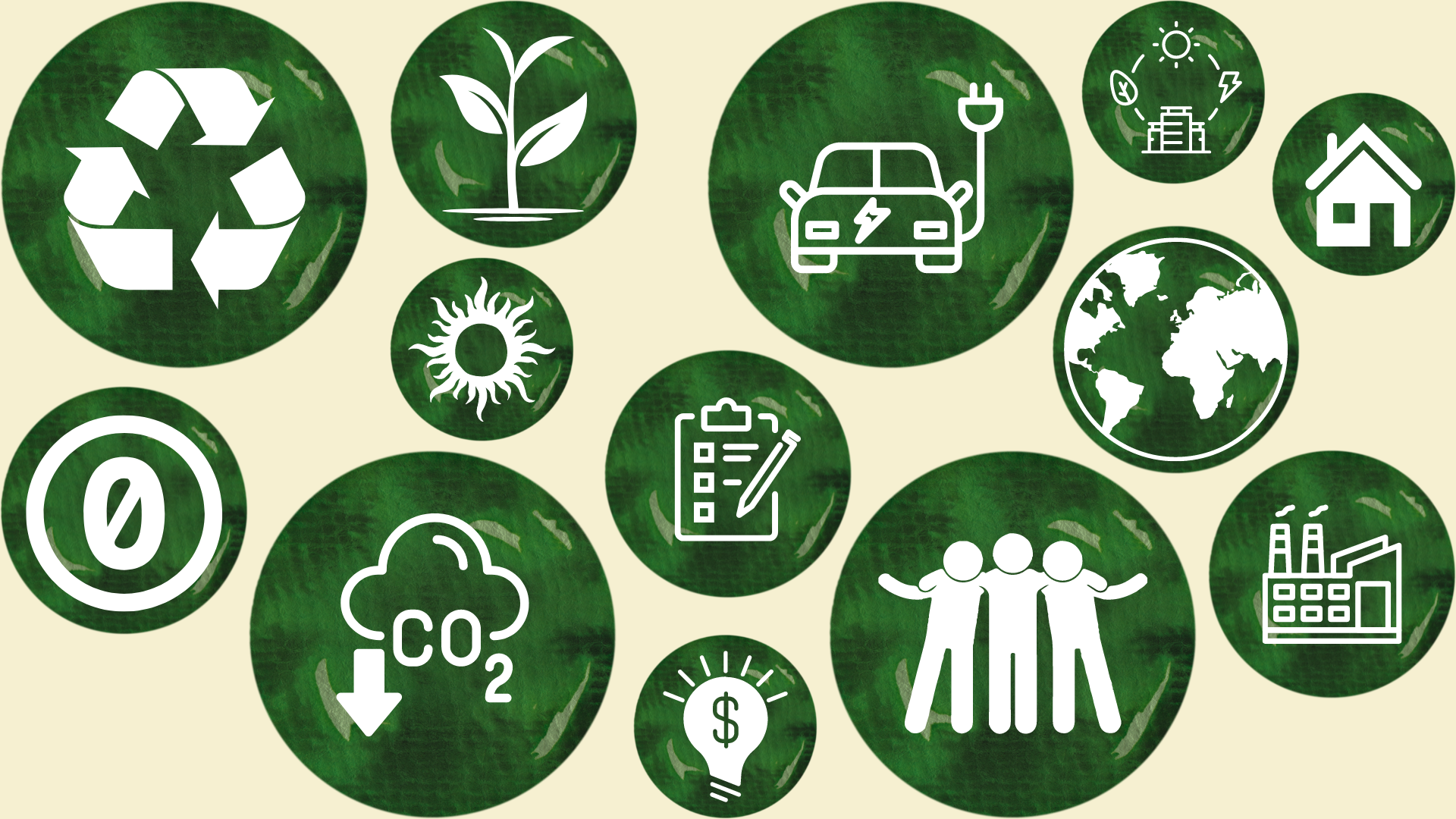
What are Green Skills?
Green Skills
Green Skills are the knowledge, abilities, values and attitudes that are needed to directly meet the needs of the green economy. They support the transition from high to low-carbon activities and industries, contributing directly to the achievement of the UK’s Net Zero emissions target.
Green Skills support a society which ultimately reduces the impact of humans and human activity on the environment, helping mitigate climate change risks.
Priority Sectors for Green Skills
There are Priority Green Sectors, which are industries or areas of economic activity that are prioritised for development and investment due to their potential to contribute significantly to environmental sustainability, economic growth, and social well-being.
These sectors are crucial for the transition to a green economy, as they help reduce environmental impact, promote the efficient use of resources, and generate green jobs.
The specific sectors considered ‘priority’ vary by location and policy context. Some commonly recognised Priority Green Sectors that will experience greater changes as they decarbonise are:

Green Construction
Green Construction includes: Building Retrofitting, Installing and Ensuring Energy Efficiency in Buildings, Installation of Heat Pumps, Building Insulation, Smart Devices & Controls in Commerical and Domestic Building, Installation of Hydrogen Boilers
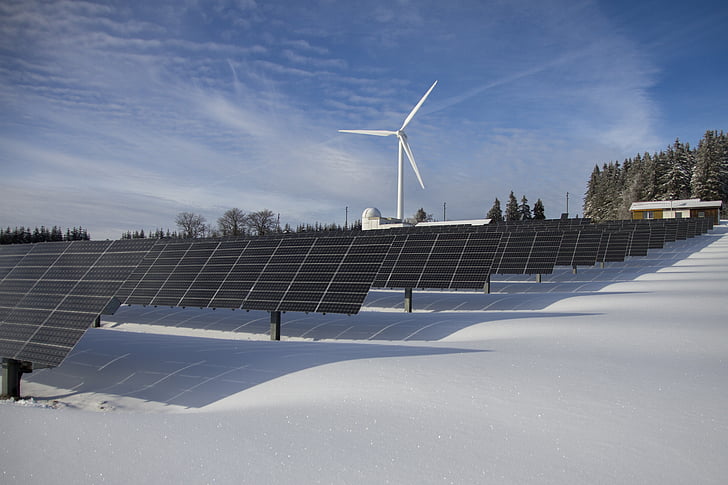
Green Energy
Green Energy refers to Renewables (such as wind, solar, hydropower), Nuclear Power, Upgrading Grid Infrastructure, Encouraging Energy Storage

Green Protection
Green Protection incorporates Nature Restoration, Woodland Management, Arboriculture, Decarbonising Agriculture, Waste Management

Green Industry
Green Industry relates to Hydrogen Production and its Industrial Use, Carbon Capture, Utilisation & Storage, Wider Industrial Decarbonisation
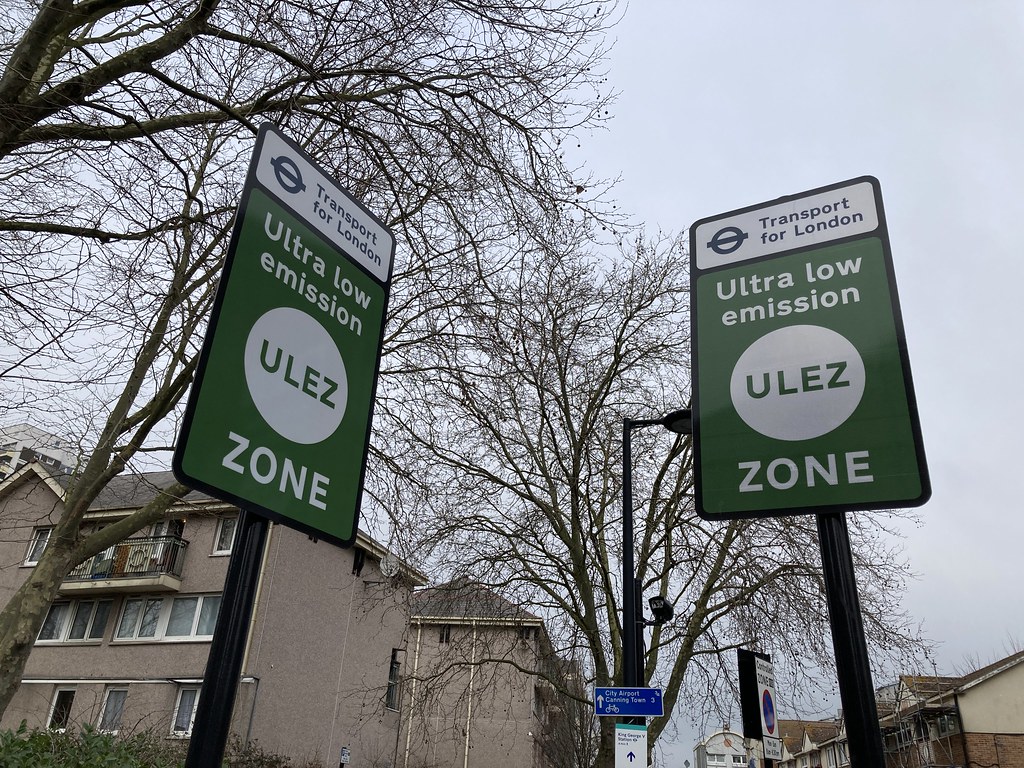
Green Transport
Green Transport includes the Manufacture, Maintenance & Repair of Low Emission Vehicles, alongside Electrification of Rail and other Public Transport
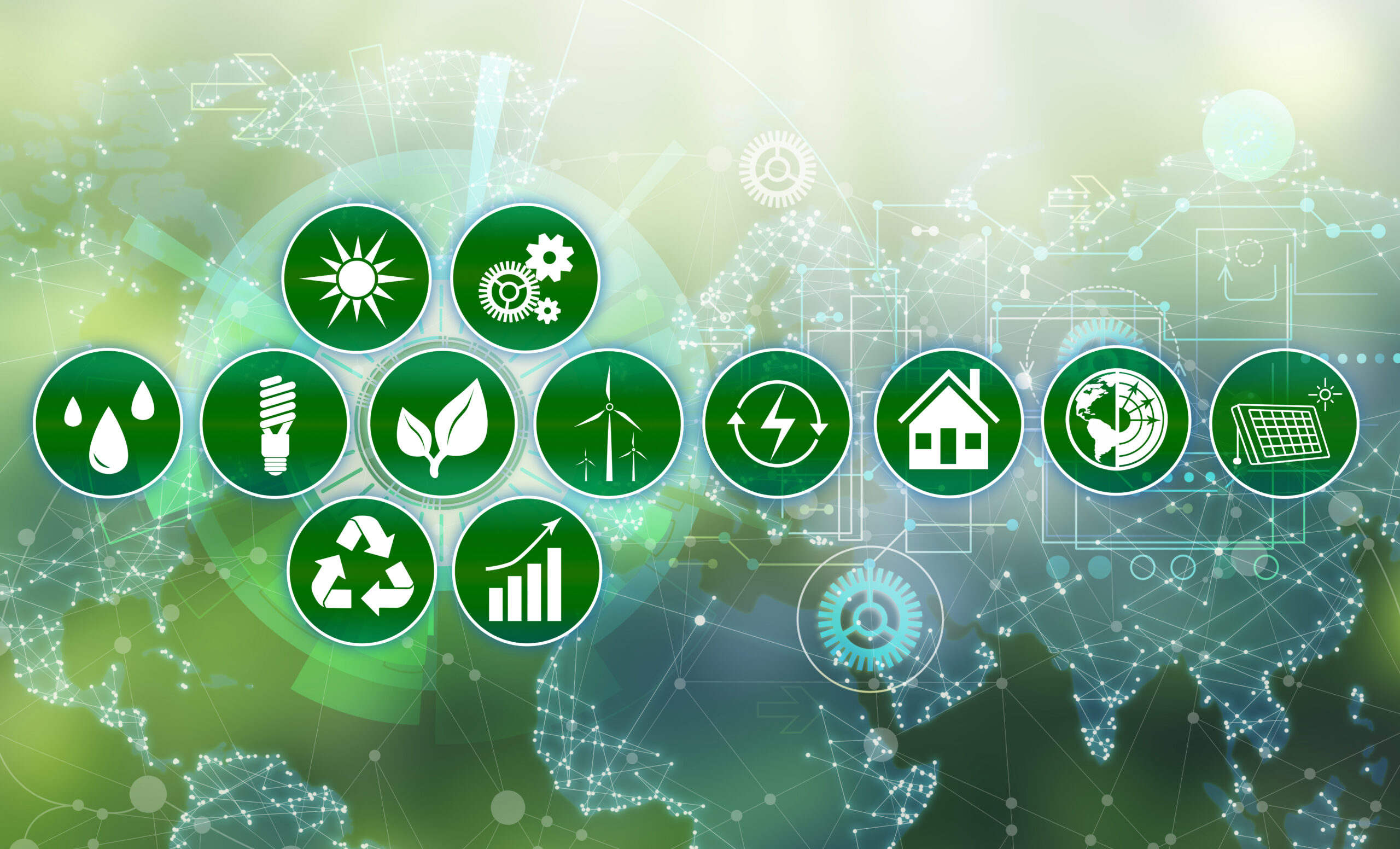
& more…
Additional sectors that accommodate green jobs are Fashion Technologies, Finance and Healthcare. As the country moves towards Net Zero, this list will get longer
The green transition that the above sectors are all a part of, is currently being held back by a skills gap, where workers lack the necessary skills required to fulfil their job duties. This is where Green Skills training comes in.
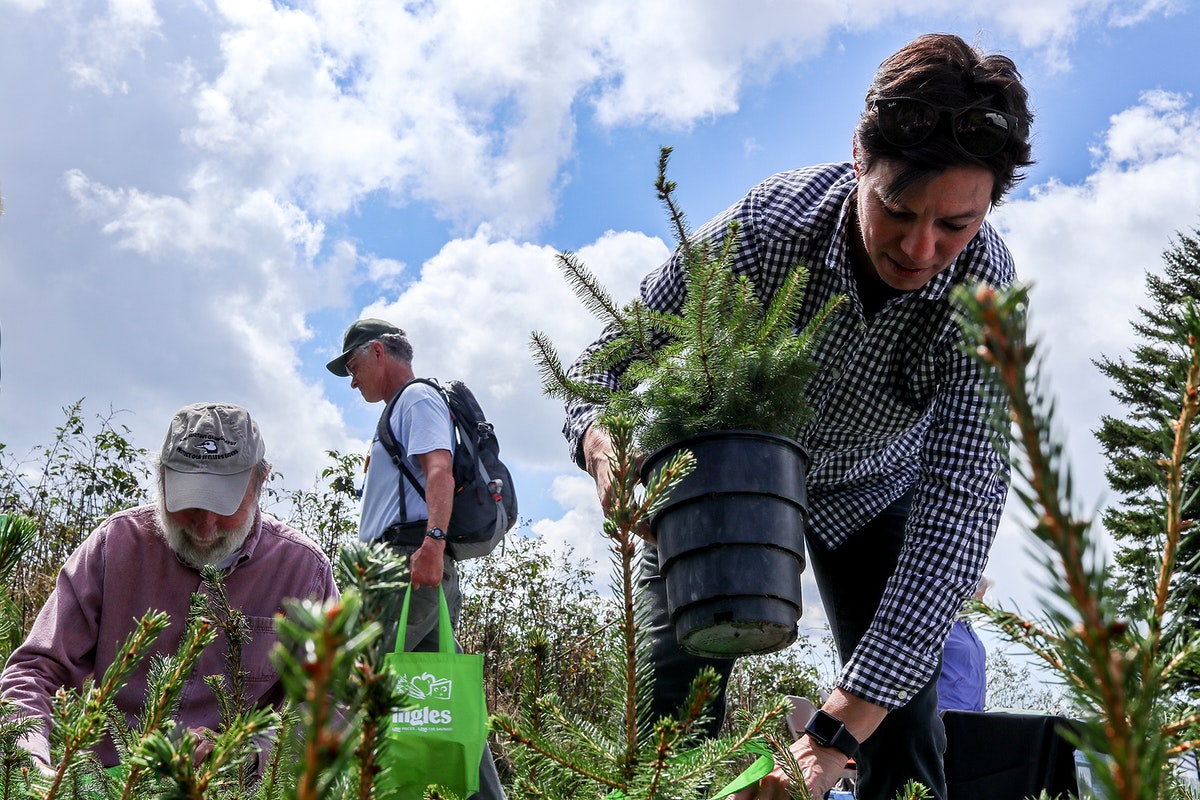
Benefits of Green Skills
There are a host of benefits that come from possessing Green Skills. They can be categorised into 4 main areas: Professional, Environmental, Social and Economic advantages.
Professional Benefits
Possessing Green Skills opens new doors for job opportunities and career progression/promotion.
Employers increasingly value professionals with expertise and knowledge of Green Skills, giving you a competitive advantage.
Personal and professional growth through learning Green Skills and the related transferrable skills. This can lead to a feeling of job satisfaction and fulfilment emerging from working in a job that is beneficial to the environment
Future-proofing your career. If you work in an industry that is expected to face change and decline due to policies, gaining the relevant Green Skills can make your career resilient in the changing job market and economic landscape.
With the positive salary trend in green jobs, there is a clear professional economic advantage related to possessing Green Skills.
Environmental Benefits
A workforce with Green Skills undeniably creates more environmental benefits than a workforce without them.
Put simply, there will be more people qualified to install and service renewable technologies and there will be more people able to identify where sustainable practices can replace current workplace practices.
The knock-on effects of this are:
Promoting a Circular Economy (i.e., recycling, reuse and repair activities).
Better and more sustainable resource management
Reduced carbon footprint
Improved air and water quality
Contribution to fighting climate change
Social Benefits
The transition to Net Zero offers a chance to train a diverse range of talents that have previously been overlooked or left out of skills and training programmes. The promotion of Green Skills training offers a once-in-a-generation opportunity for such talent to stand out and excel.
Green Skills training is open to everyone, regardless of whether you went to school, college or university. Hence, there is a clear opportunity through the Green Skills movement to improve socio-economic equality.
Particularly for those learning Green Skills to install and service renewable technology, the uptake of Green Skills training can also improve social health and well-being. This is because such technologies can improve factors such as air quality.
Economic Benefits
A workforce with Green Skills can help to boost the local economy. This is because green businesses and investments often navigate towards areas that are ‘greener’ to boost their sustainability credentials. Fortunately, this creates more jobs.
Additionally, Green Skills training can prompt investment into sustainable infrastructure, such as renewable energy and public transport – creating further economic development.
We are increasingly seeing the profile of ‘the Green Consumer’ emerge. The individuals particularly look out for and select services from Green Businesses, giving such businesses a market advantage.
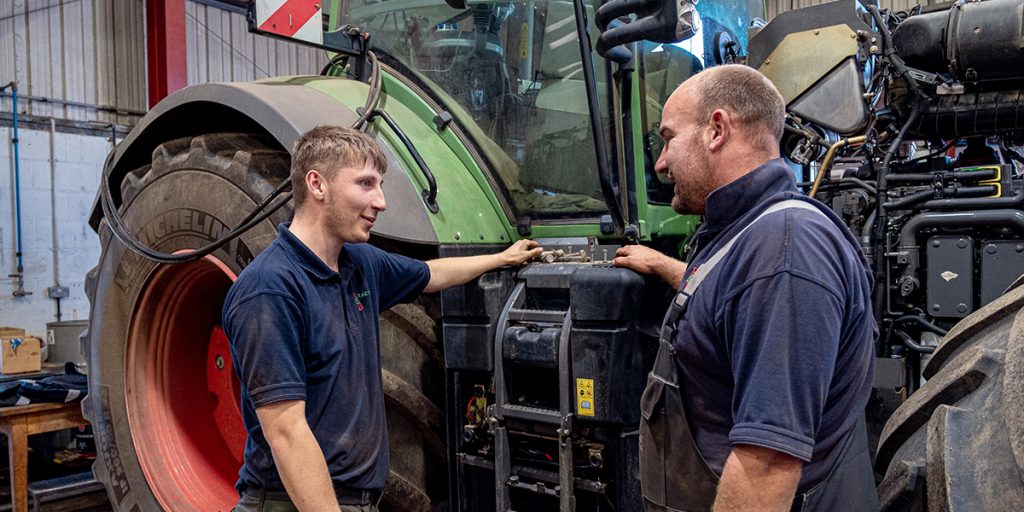
Useful Skills for a Green Career
As listed on the Government’s Job Help page, there are particular qualifications and skills that can be useful to support accelerating your green career:
- GCSEs including Maths and English
- An accredited qualification at Level 3 or above
- Teamworking Skills
- Adaptability
- Health and Safety Knowledge
- Problem Solving

Green Skills provides you the assets to securely move forward in our green future!